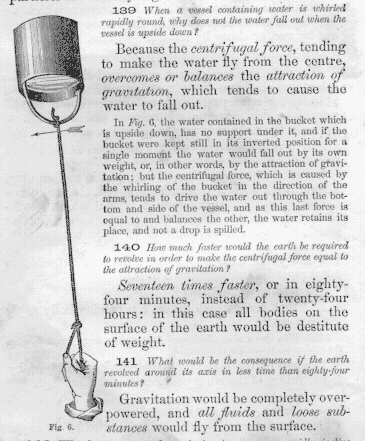Momentum
Today, let's talk about momentum. The University of Houston's College of Engineering presents this series about the machines that make our civilization run, and the people whose ingenuity created them.
In another episode I talk about a museum docent who didn't understand the role of momentum in a demonstration she ran for school children. When my wife saw that, she said, "Look, a whole lot of people like me never learned about momentum. If it's important, why don't you explain it in a program?"
That's a tough challenge because we all have at least a gut sense of the concept. But what would you do if you had to define momentum? The dictionary calls it the impetus of a moving body -- not much help there! Your gut sense is probably more accurate. When you say something gains momentum, you mean it's increasingly hard to stop. And that's absolutely correct.
In a physics class, we're told that you calculate the momentum of, say, an automobile by multiplying its velocity by its mass. So, to understand momentum we have to understand mass. Suppose you have a six-pound rock. That rock would only weigh one pound on the moon but its mass would be the same as it is on Earth.
Years ago, when I first studied physics, I came home terribly frustrated trying to understand mass and momentum. I complained to my father that I couldn't see how mass differed from weight.
So he picked up a paper weight and tossed it to me. "What happens when you catch it," he asked. "It pushes my hand back," I said. "Okay," he went on, "How much would that weigh on the moon?" "Only a sixth as much," I answered, wondering where he was headed. "All right then, what would you feel if I tossed it to you on the moon?" And, just like that, the scales fell from my eyes.
Of course! Matter has a property independent of its weight. Catching a paper weight would feel just the same on the moon as it would in my living room. A six-pound weight is just the reaction of a certain mass to Earth's gravity. That object would have different weights on Jupiter or Mars. But it'd still have the same mass -- even in outer space where it weighs nothing at all.
Now, back to momentum. Put an object in motion, and you give that mass a momentum which is hard to stop or deflect. The momentum of a spinning skater can change form. With her arms outstretched, she spins slowly, but the outstretched tips of her fingers are really moving quite fast. With arms drawn inward, she spins faster, but the tips of her indrawn elbows move fairly slowly. What stays about the same is her net momentum.
Years ago, a construction worker told of a friend working on the side of a building. A wrecking ball swung toward him -- gently and slowly. Instead of getting out of its way, he reached out to stop it. He didn't realize that, with its enormous mass, it also had enormous momentum even if it was moving slowly. The result? It slowly crushed him -- left him lame. If he'd only had a proper gut sense of basic physics -- he might still be walking today.
I'm John Lienhard, at the University of Houston, where we're interested in the way inventive minds work.
(Theme music)
See also Episode 1244.

Illustrating Angular Momentum
From Wells' Science of Common Things, 19th century